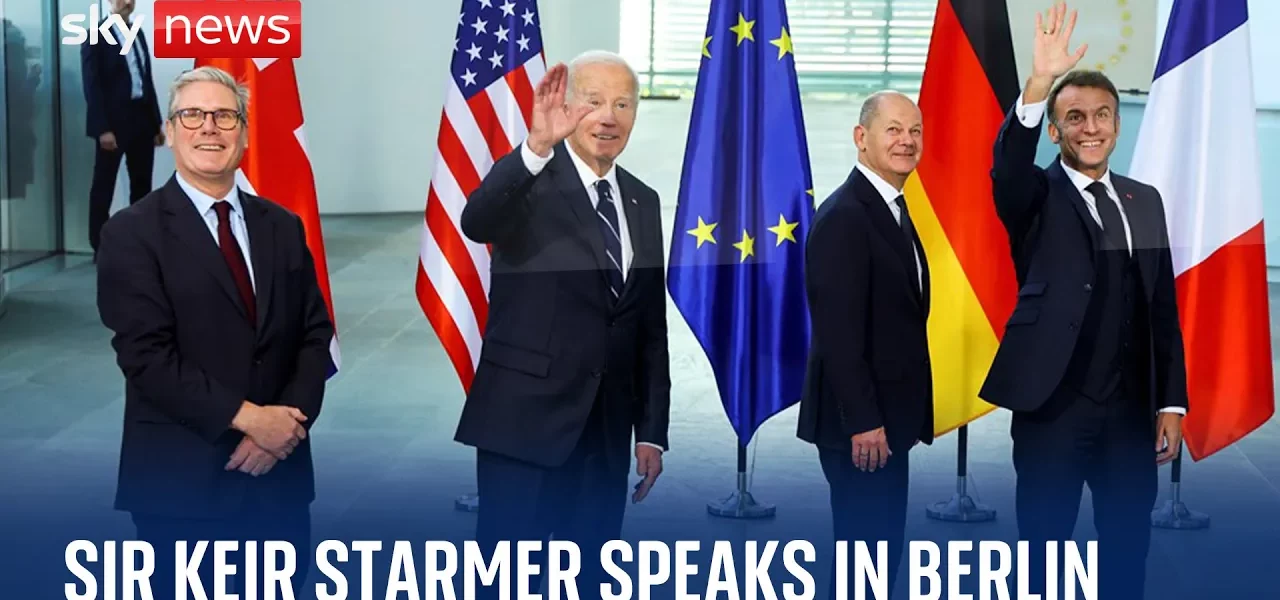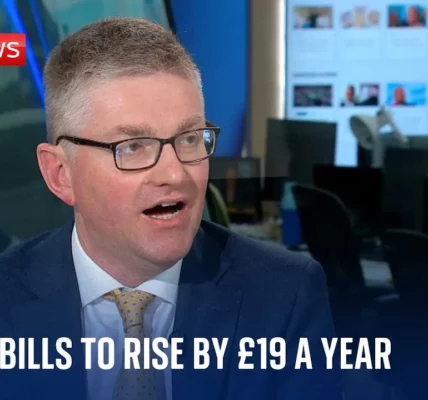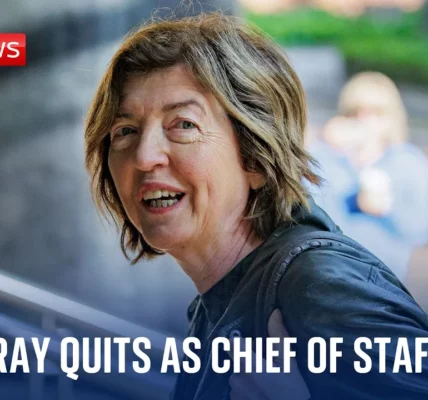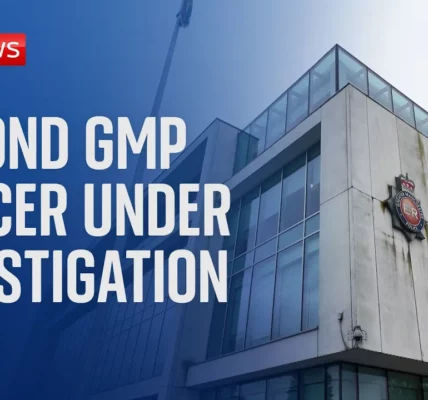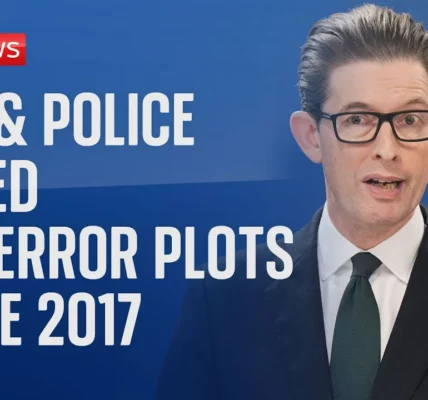Global Leaders Address Critical Issues: Middle East and Ukraine

This article provides a comprehensive overview of the recent high-level meeting involving President Biden, Chancellor Schultz, and President Macron, where they discussed crucial topics concerning the Middle East and Ukraine. Key points include the ongoing humanitarian crisis, the need for diplomatic solutions, and the support for Ukraine’s sovereignty.
Introduction
In an era where international relations play a pivotal role in global stability, the recent meeting of President Biden, Chancellor Schultz, and President Macron marks a significant step towards addressing critical geopolitical issues. The discussions primarily centered around two pressing matters: the volatile situation in the Middle East and the ongoing war in Ukraine. Both topics require urgent attention and diplomatic efforts, as they encompass not only regional but also global implications. This article will delve into the specifics of these discussions, highlighting the leaders’ stance on humanitarian efforts and the importance of strategic support for Ukraine.
The Situation in the Middle East
The leaders began their discussions by addressing the escalating violence and humanitarian crisis in the Middle East, particularly in Gaza. The dialogue focused on several key points:
- The need for a ceasefire and the immediate release of hostages.
- Urgent humanitarian assistance to civilians in affected areas, particularly in Northern Gaza.
- The call for a return to the two-state solution as a means to achieve lasting peace.
Humanitarian Crisis Overview
The humanitarian situation in Gaza has reached alarming levels, necessitating immediate action from the international community. As the UK government emphasizes, the world cannot tolerate further excuses from Israel regarding humanitarian assistance. Civilians are in dire need of food, medical supplies, and shelter. The UK government strongly supports the United Nations Relief and Works Agency (UNRWA) in its efforts to provide life-saving support across the region.
Call for Ceasefire and Diplomacy
The leaders reiterated the importance of a ceasefire in Gaza and the establishment of conditions conducive to peace. They recognized that military action alone cannot resolve the conflict; rather, a diplomatic approach is essential. The discussions highlighted the need for:
- Immediate humanitarian access for aid organizations.
- Engagement of regional actors to foster a constructive dialogue.
- Support for UN resolutions that aim to stabilize the region.
Regional Stability
The leaders also addressed the situation in Lebanon, calling for a ceasefire and a political plan that strengthens local armed forces and builds on UN Resolution 1701. This resolution aims to deliver humanitarian and economic support to Lebanon, bolsters democratic governance, and empowers local communities to thrive.
The War in Ukraine
The conversation then shifted to the ongoing war in Ukraine, building on previous discussions with President Zelensky. The leaders expressed their unwavering support for Ukraine’s sovereignty and territorial integrity. Key points included:
- The commitment to assist Ukraine in its fight against Russian aggression.
- Plans to expedite military support and humanitarian aid.
- The necessity of a just peace for Ukraine, which remains a priority for the international community.
Support for Ukraine
The leaders emphasized that support for Ukraine is crucial, particularly as the country faces a challenging winter. The UK government has delivered 95% of military equipment promised in previous agreements, showcasing a strong commitment to Ukraine’s defense efforts. Furthermore, a collective G7 initiative aims to provide €50 billion in support, drawn from frozen Russian assets.
Russia’s Weakening Position
As the war continues, the leaders acknowledged that Russia’s military position is deteriorating. The ongoing conflict has strained Russia’s budget significantly, with reports indicating that it has faced the highest daily casualty rates recently. This point underscores the importance of continued international support for Ukraine, ensuring that it remains resilient against ongoing threats.
Diplomatic Engagement
Engagement with Ukraine’s leadership is paramount. The leaders agreed that the only acceptable outcome is a sovereign Ukraine, and they are committed to working together to ensure that Ukraine can thrive as an independent nation. The discussions also included considerations for long-range missile support, ensuring that Ukraine has the resources necessary to defend itself effectively.
Conclusion
The recent meeting between President Biden, Chancellor Schultz, and President Macron highlighted the urgent need for diplomatic solutions to complex global issues. The discussions around the Middle East and Ukraine reflect a shared commitment to humanitarian aid, regional stability, and international support for sovereignty. As the situation evolves, it is essential for the global community to remain engaged and proactive in addressing these crises. The leaders’ resolve to support Ukraine and advocate for peace in the Middle East must translate into tangible actions that prioritize human lives and global security.
For more information on international relations and humanitarian efforts, consider exploring our related articles on Middle East Peace Initiatives and Support for Ukraine’s Sovereignty.
“`
